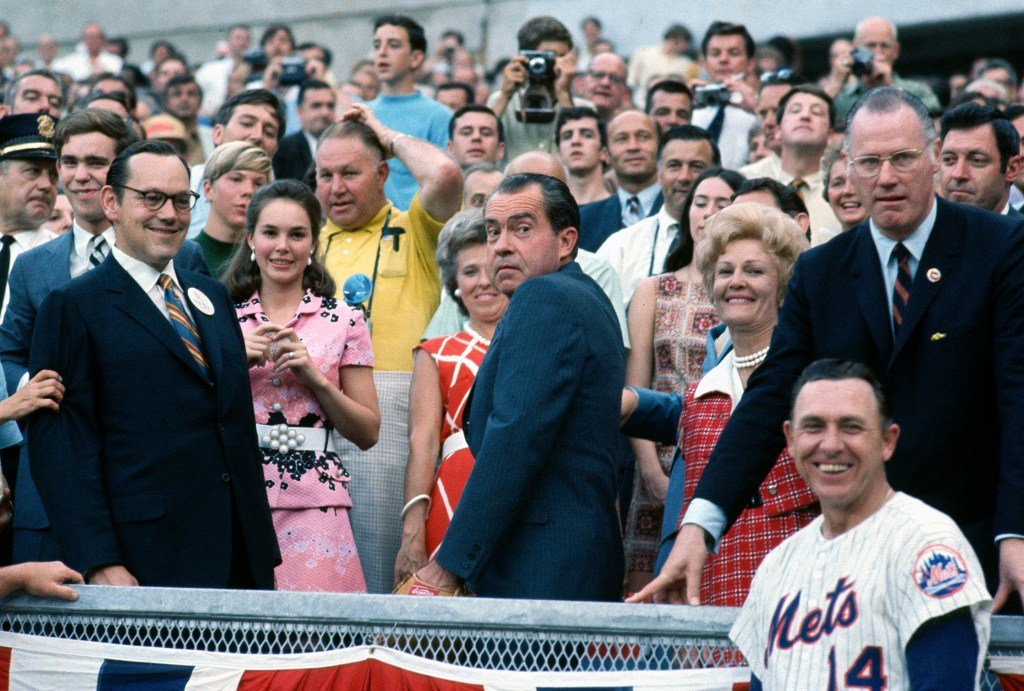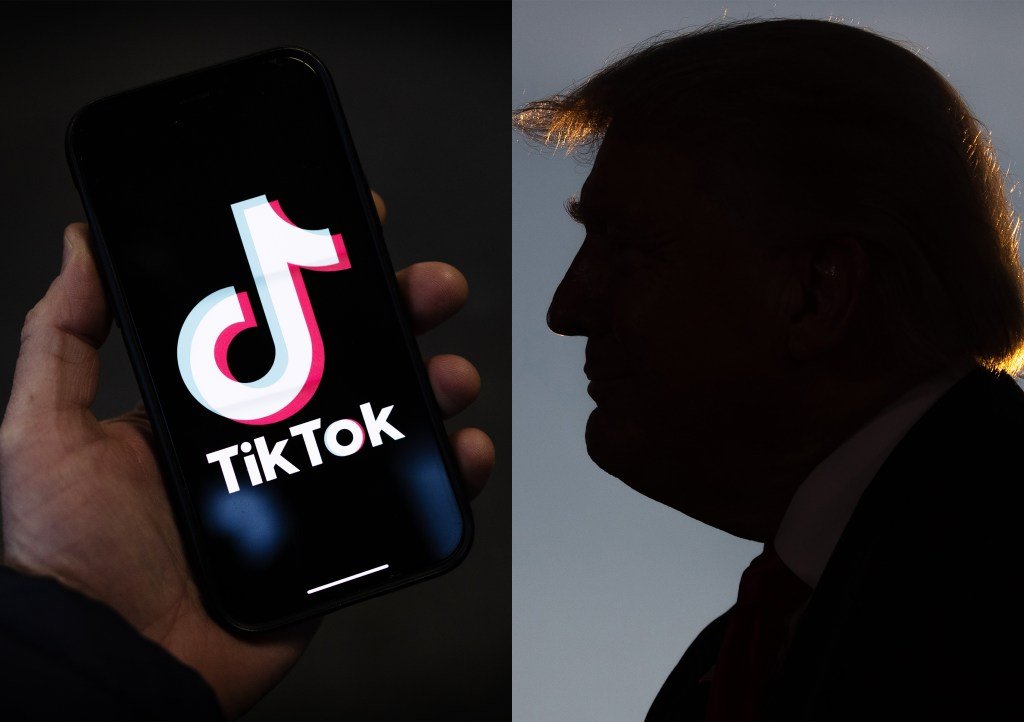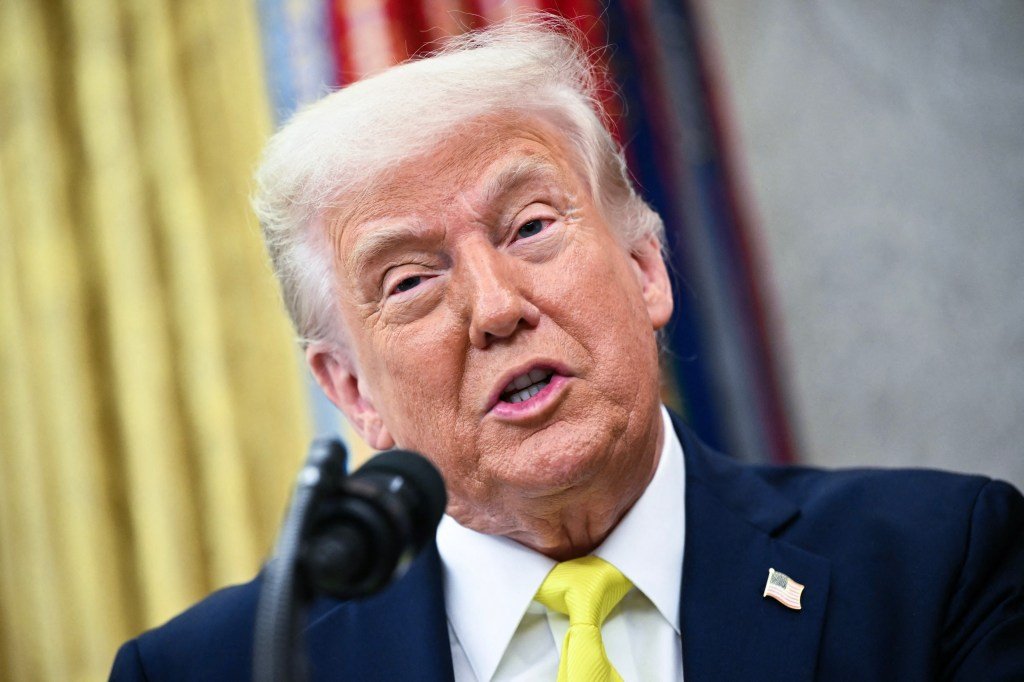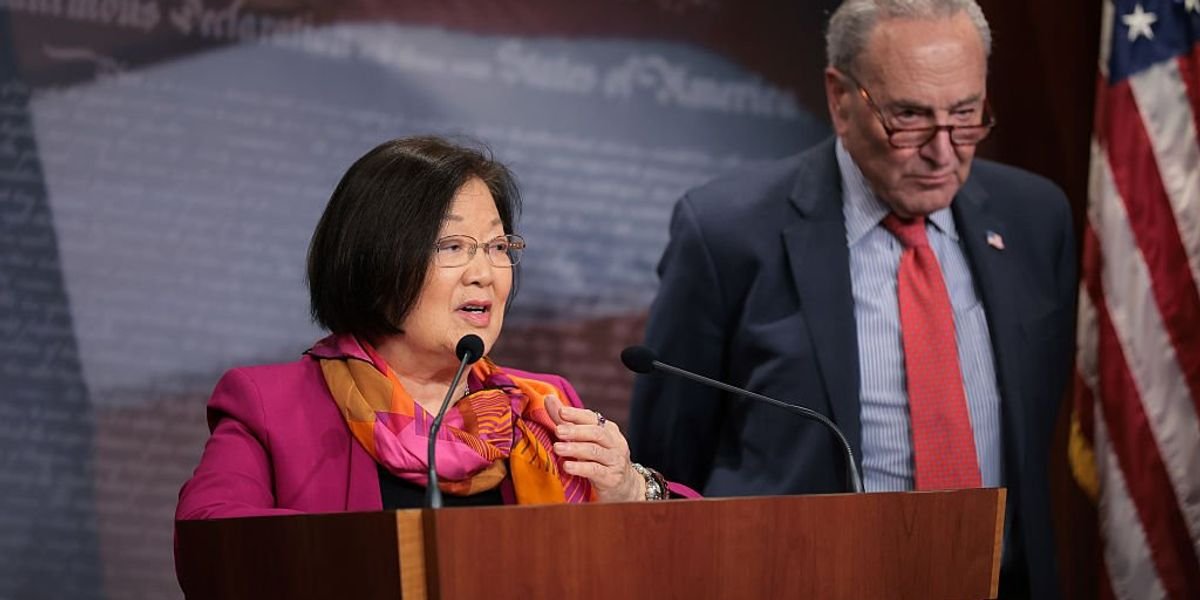
In 1985, years before wild card teams and expanded playoffs, Major League Baseball made a modest move to lengthen its postseason by expanding the league championship series from best-of-five games to best-of-seven. But ahead of the new playoff games, umpires threatened to trade balls and strikes for labor strikes unless they received the extra compensation they were seeking for Games 6 and 7.
So when the two sides looked for an arbitrator to referee the contract dispute, they naturally turned to … Richard Nixon? The ex-president took just a couple of weeks before issuing his findings on October 28, 1985—40 years ago today.
The selection wasn’t as far-fetched as it sounded. Nixon, who had resigned in disgrace 11 years earlier in the wake of the Watergate scandal, was an avid baseball fan and had even been considered for the role of general counsel to join Executive Director Marvin Miller atop the new Major League Baseball Players Association in 1966. As former MLBPA Executive Director Donald Fehr recalled in his Hall of Fame induction speech for Miller in 2021, “Players wanted to balance out the ticket” with a Republican, given that Miller was a liberal Democrat. But Miller quickly quashed the idea, saying he didn’t trust Nixon, who he said was “pals with several of the owners.”
But by 1985, Nixon had the confidence of both Major League Baseball and the umpires’ union.
“He is a longtime friend of baseball and a man in whom both sides place a great deal of trust,” said Richie Phillips, then-head of the umpires’ union. Nixon was close to both Phillips and American League President Bobby Brown, and had attended New York Yankees and Mets games that season. The potential strike was defused when both parties agreed to abide by whatever Nixon decided.
Some family connections helped him get the gig. Phillips was a neighbor of Nixon’s daughter, Julie Eisenhower, and asked her if Nixon would be interested in helping to resolve the dispute. The next day, Nixon told Phillips he’d be up for it, Sports Illustrated reported at the time.
According to the magazine, Nixon was chosen over two former sports commissioners—baseball’s Bowie Kuhn and the NBA’s Larry O’Brien. The latter had been head of the Democratic National Committee when its Watergate offices were burglarized in 1972, which would of course unravel as the scandal that brought down Nixon’s presidency.
Umps under attack.
The mid-1980s were a fraught time for umpires. In 1984, they struck several playoff games, forcing the sport to turn to minor league umps. That dispute had been resolved when the umpires and the league presidents looked to Commissioner Peter Ueberroth to serve as arbitrator. He wound up awarding the umpires a large pay increase for playoff games.
Then, during the 1985 American League Championship Series between the Toronto Blue Jays and Kansas City Royals, decades before MLB adopted instant replay technology to overturn bad calls, TV replays appeared to show that the umpires missed five calls in the first five games—and four of them went against Toronto.
It was the Jays’ first trip to the ALCS, and no team from Canada had made it to the World Series. The anti-Toronto calls led to conspiratorial thinking by one prominent player, Blue Jays outfielder George Bell. After the Royals won Game 6 to tie the series at three games each, he suggested that MLB wanted to keep the World Series an all-American championship.
“If our ball club was American, maybe the series would be over,” said Bell, a native of the Dominican Republic. “Maybe they want to keep the World Series in the United States and not go to Canada.” New York Times columnist Dave Anderson noted that throughout baseball history, umpires had been accused of failures ranging from questionable eyesight to questionable ancestry. “Until now, however, their foreign policy has never been an issue,” he quipped.
The Royals won Game 7 to advance to the World Series, sending the Blue Jays home. (Evidently, no fix was in this year—even with a president looking to add Canada as the 51st state—as Toronto returned to the World Series for the first time in more than three decades.)
Against the backdrop of these disputes, Nixon held a three-hour hearing at his New York offices to gather information for his decision. “The umpires are in such a turmoil over working conditions, hectored as they are by television’s instant replays, that they have turned to Richard Nixon,” wrote Time magazine’s Tom Callahan.
Another difference from today: Baseball didn’t use its best umpires to work the postseason. “Because baseball selects its postseason arbiters on rotation rather than merit, the umpiring could tarnish the World Series as it has the A.L. playoff,” Anderson wrote, in words that proved prophetic. Later that month, umpire Don Denkinger arguably cost the St. Louis Cardinals the World Series with a blown call in the ninth inning of Game 6 (although in fairness, Denkinger had a good reputation).
‘Integrity of the game.’
Aided by Denkinger’s muff, the Royals won the sixth game and took the series with an 11-0 thrashing in Game 7. The next day, Nixon issued his findings in the umpire dispute, awarding them a 40 percent pay increase for working the extra postseason games, reasoning that the two extra games represented a 40 percent workload increase. That amounted to a big win for the men in blue. Phillips, the union head, called it “another significant advance for the umpires.”
In his ruling, Nixon included personal observations as a fan. He reminisced about attending his first games nearly a half-century earlier—a July 4, 1936, Yankees doubleheader sweep of the Washington Senators. That afternoon, he saw a Yankees team that would win the first of four consecutive World Series titles, featuring a lineup with both Lou Gehrig and Joe DiMaggio.
“Umpires should not be treated as employees but as judges who are independent of both players and owners and whose primary responsibility is to maintain the integrity of the game,” Nixon wrote. “They should be generously compensated, having in mind their indispensable contribution to the integrity of the game.”
In a Newsweek story headlined, “Nixon: The Comeback Kid,” Howard Fineman pointedly paraphrased that line: “Baseball, he said without a trace of irony, can’t survive without clean, honest, well-paid umpires.”
Fineman wrote that Nixon’s role with the national pastime was in keeping with his return to the national stage, including a recent appearance at a Republican dinner in New York, where he took reporters’ questions afterward.
“At 72, his jowls heavier but his drive undiminished, Richard Nixon is back onstage in a limelight more flattering than any time since he resigned in disgrace in August 1974,” Fineman observed. “Nixon has been venturing out cautiously for years, but he is now doing so with increasing confidence that Watergate won’t come up.” Resolving the baseball dispute, he added, was “perhaps the most positive proof of his increased palatability.”
Opposition from the commissioner.
Nixon brought a lifetime of baseball passion to the 1985 assignment. He was such a student of the game that, as president, he wrote a nearly 3,000-word story for the Associated Press naming his all-time all-star team in the early days of the Watergate scandal. He made a point of never leaving a game early, and when he greeted the Apollo astronauts after their splashdown in the Pacific after the lunar landing in 1969, one of his questions was whether they had heard about the baseball All-Star Game earlier that week in Washington.
But not everyone in baseball was thrilled with Nixon’s role in resolving the umpire dispute.
“I was totally against that,” Ueberroth said on The Phil Donahue Show a few days after Nixon’s ruling. “I don’t think a tiny dispute that I wouldn’t even get involved in should involve the former head of this country. And it dredges up all the problems Richard Nixon faced. I didn’t want to do that.”
But, he added, “I didn’t slam the table” to block Nixon’s selection. Back then, both the American League and the National League had their own presidents and offices and some degree of autonomy. (This arrangement changed in 1999, when the MLB eliminated the league presidents and consolidated all power in the commissioner’s office.)
“Then they said they were going to come and have the hearings on the first day of the World Series. Then I did slam the table,” Ueberroth said. “I said, ‘No. You go someplace and you get it done, and I don’t want to hear about it again.’”
Two years later, The Phil Donahue Show hosted another high-profile guest: Donald Trump. Nixon’s wife, Pat Nixon, was watching, and that led to a famous letter from the former president to the future one, as Michael D’Antonio reported in his Trump biography Never Enough: “I did not see the program,” Nixon wrote, “but Mrs. Nixon told me you were great on the Donahue Show. As you can imagine she is an expert on politics and she predicts that whenever you decide to run for office, you will be a winner!”
With the owners and players preparing for a possible work stoppage after next season over management’s likely push for a salary cap, is there any chance that the country’s dealmaker-in-chief could resist trying to do Nixon one better?



